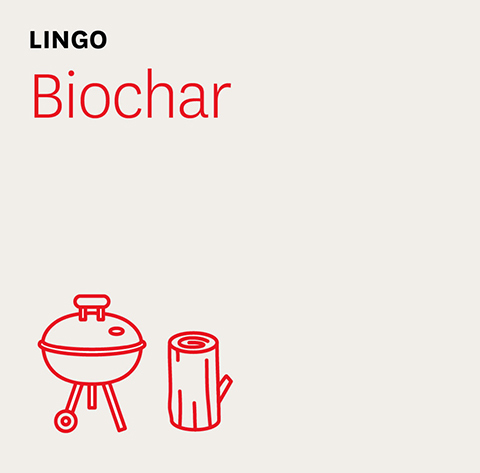Most people know charcoal as something they use to fire up their barbecue – it burns slowly, making it a reliable source of heat for cooking. The briquettes you use to grill your steak – like all charcoal – are created by heating organic material (usually wood) in the absence of oxygen. But the properties of charcoal vary significantly depending on the precise conditions under which it’s created.
In the past few years, agricultural scientists have become interested in “biochar” – a kind of superporous charcoal that can absorb and hold soil nutrients, such as nitrogen, potassium and phosphorous. It also holds on to carbon. This could make biochar useful both as a soil additive and as a way of reducing the amount of carbon that’s released into the atmosphere when organic material degrades. Sean Thomas, a professor of forestry, is investigating ways to produce biochar using waste from the wood industry, such as tree bark and sawdust, and evaluate its effectiveness as a soil additive in forests. He’s also interested in using biochar to restore contaminated or degraded land. These properties make biochar a potential environmental “champion,” he says.
Recent Posts
For Greener Buildings, We Need to Rethink How We Construct Them
To meet its pledge to be carbon neutral by 2050, Canada needs to cut emissions from the construction industry. Architecture prof Kelly Doran has ideas
U of T’s 197th Birthday Quiz
Test your knowledge of all things U of T in honour of the university’s 197th anniversary on March 15!
Are Cold Plunges Good for You?
Research suggests they are, in three ways




